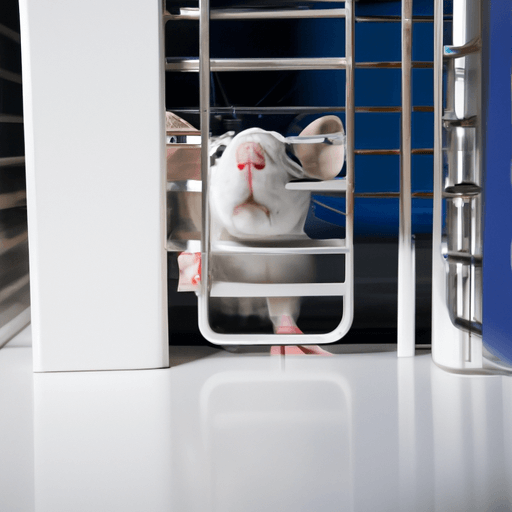943
Newsletter
Subscribe to our newsletter for exclusive content, latest news and trends, and exciting new features.
Tranding
Categories
Environment and sustainabilitySports and fitnessMusic and EntertainmentArts and cultureBeauty and personal careTechnologyGaming and esportsHome and gardenLifestyleTravel and tourism
Food and cookingLiterature and writingScience and natureBusiness and entrepreneurshipEntertainmentHealth and wellnessEducation and learningPets and animals

















Comments
Leave a Comment